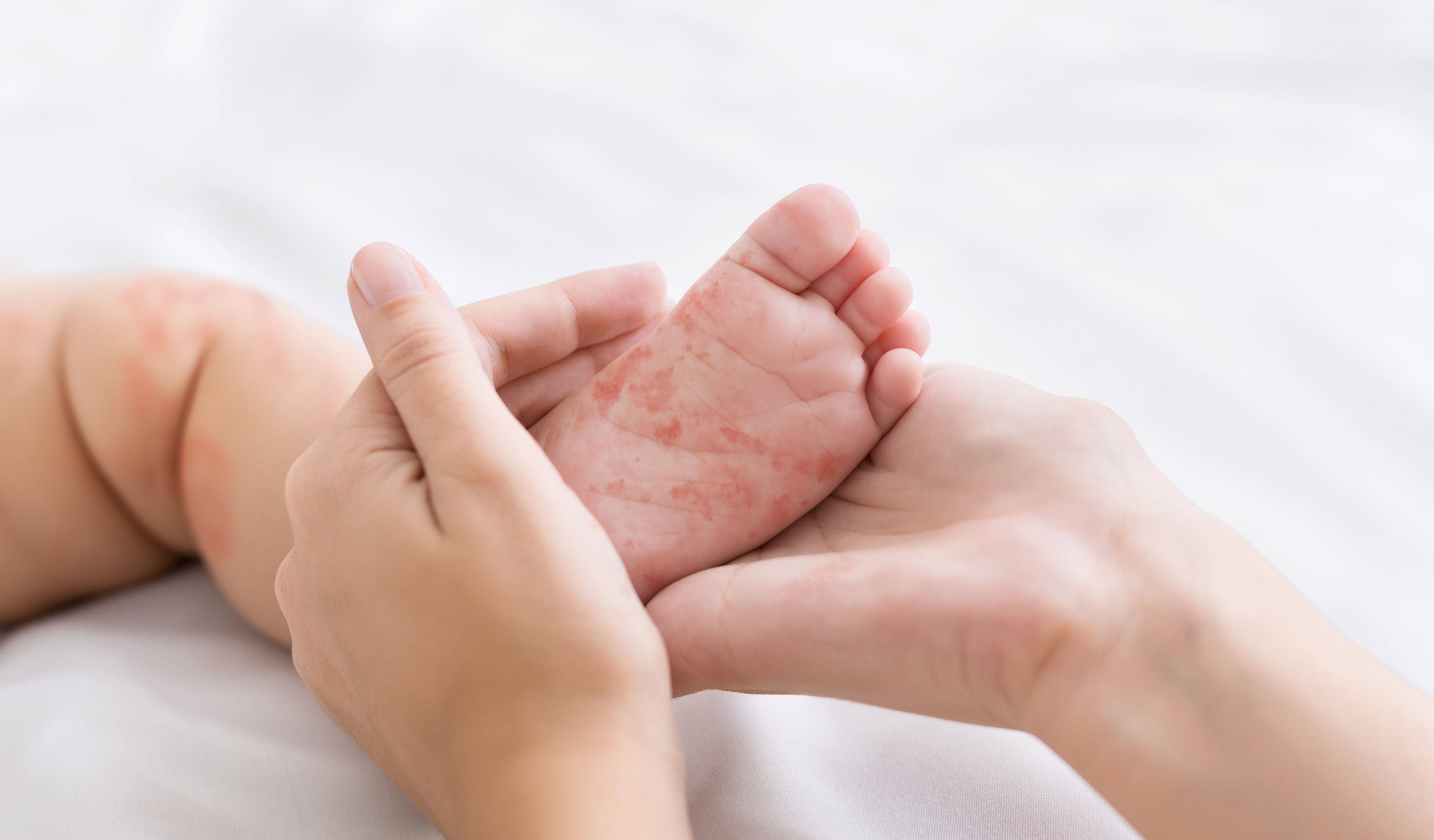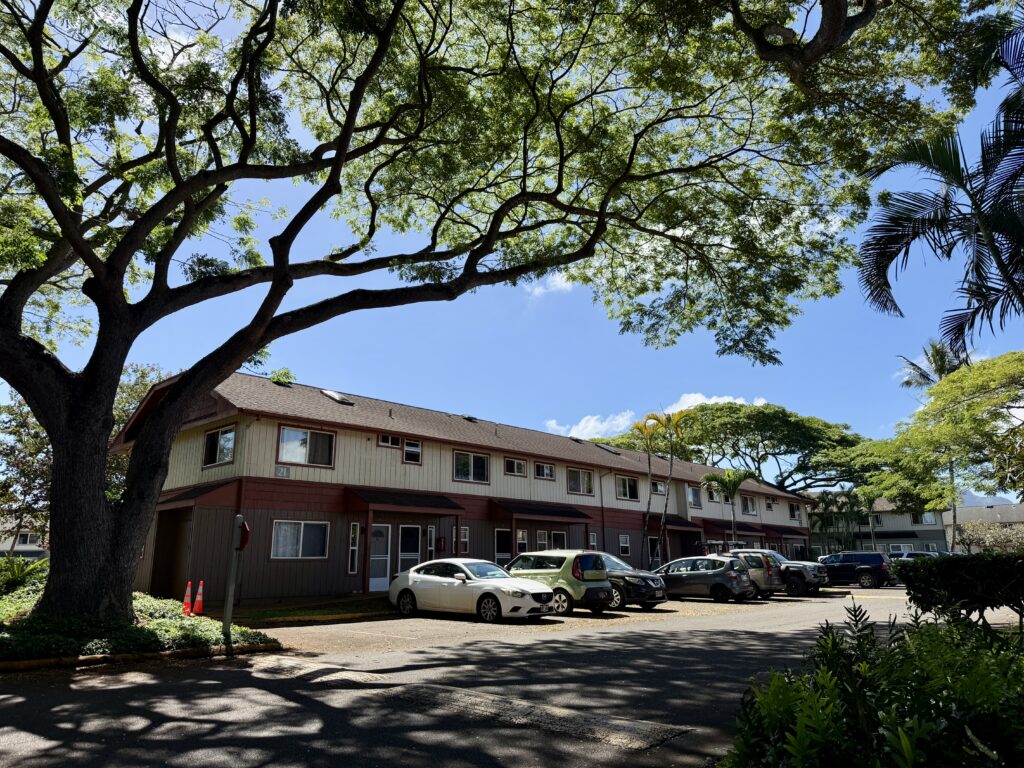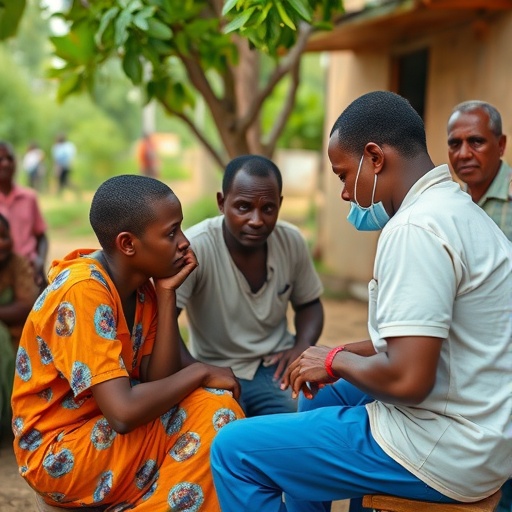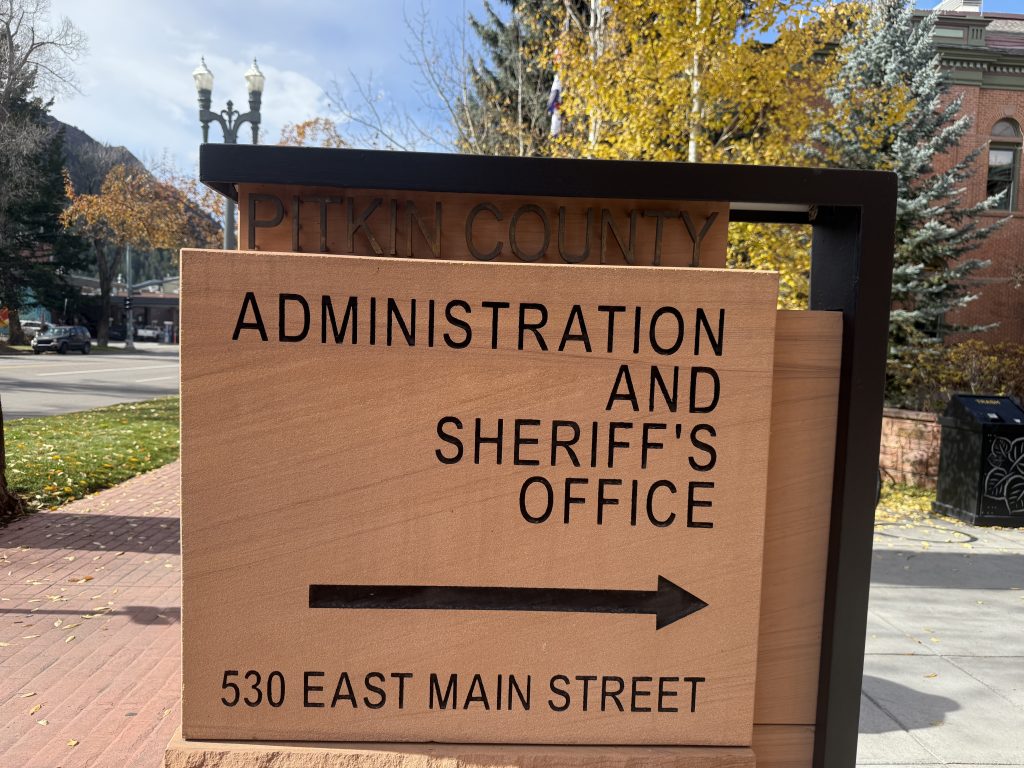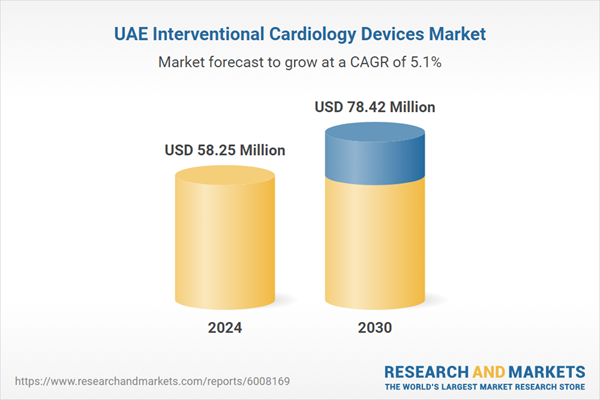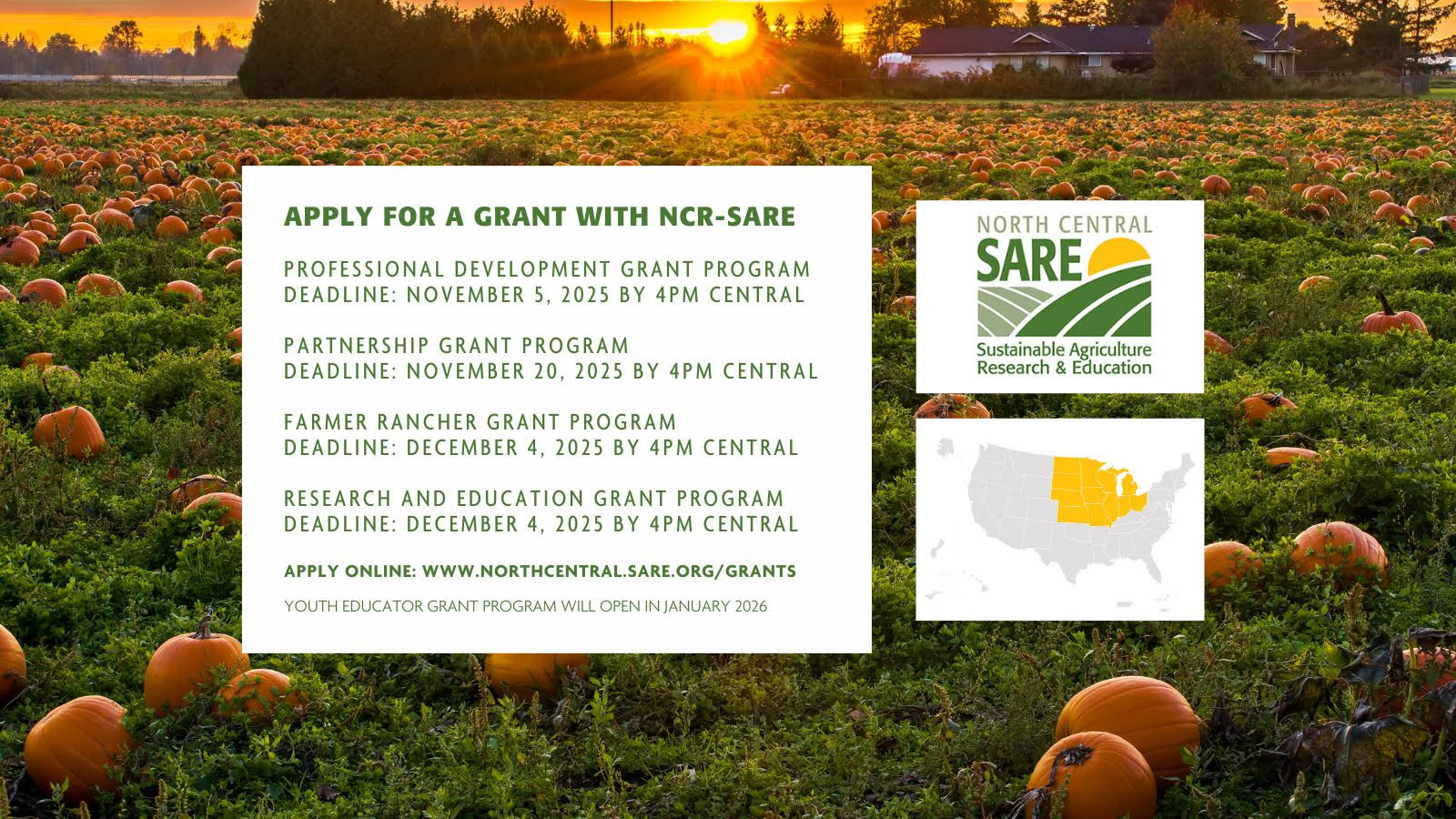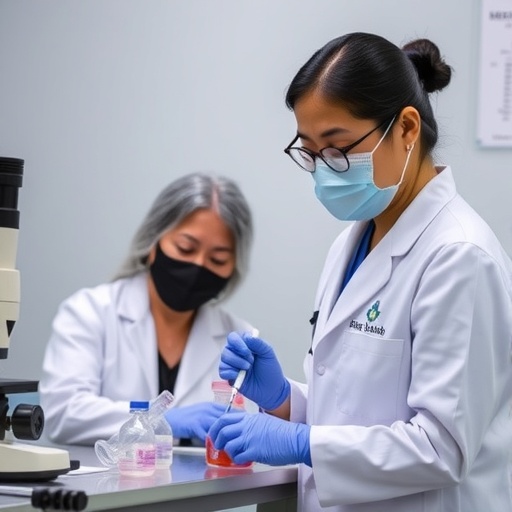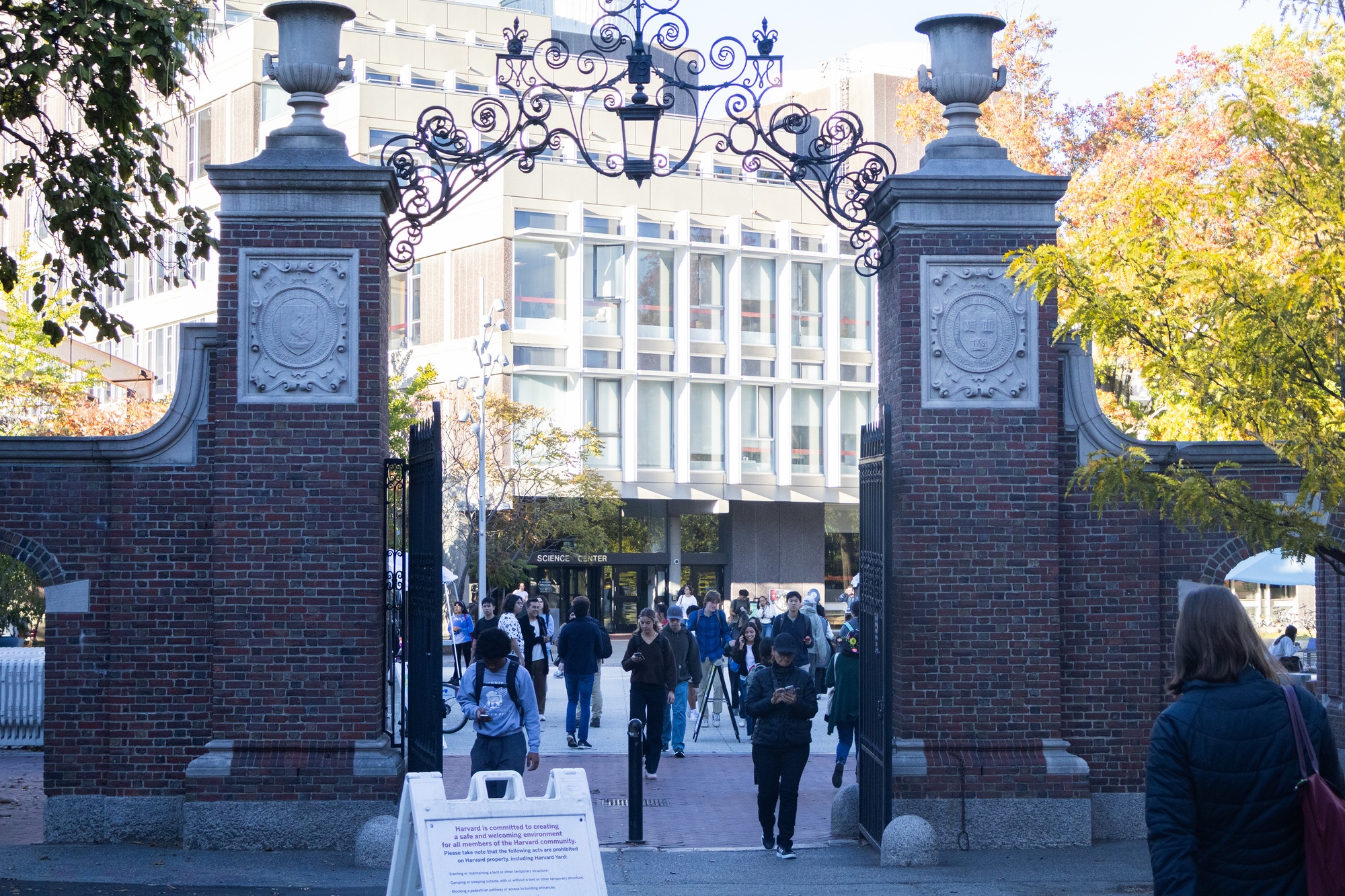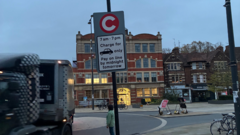Story | Building Bridges Across Faiths to Combat Hate: Hadassah and American Muslim & Multifaith Women’s Empowerment Council Host Women Changemakers Conference and Hill Day – Hadassah | The Women’s Zionist Organization of America

Interfaith Coalition Advances Sustainable Development Goals Through Anti-Hate Initiative
Executive Summary
On July 21, a collaborative initiative between Hadassah and the American Muslim and Multifaith Women’s Empowerment Council (AMMWEC) was convened in Washington, D.C. The inaugural National Conference of Women Changemakers and subsequent congressional advocacy efforts focused on combating religious intolerance and promoting security. This report details the event’s activities and outcomes, analyzed through the framework of the United Nations Sustainable Development Goals (SDGs), with particular emphasis on SDG 5 (Gender Equality), SDG 10 (Reduced Inequalities), SDG 16 (Peace, Justice and Strong Institutions), and SDG 17 (Partnerships for the Goals).
Strategic Partnerships and Empowerment
Fostering Interfaith Collaboration for Peace (SDG 16, SDG 17)
The conference exemplified a powerful multi-stakeholder partnership aimed at building peaceful and inclusive societies. The joint effort by Hadassah and AMMWEC brought together leaders from diverse religious and ethnic backgrounds to address the common threat of hatred.
- The partnership united Jewish and Muslim community advocates in a shared mission.
- The event served as a platform for interfaith dialogue to combat all forms of discrimination.
- This collaboration directly supports SDG 17 by demonstrating an effective partnership to achieve global goals on a national level.
Advancing Gender Equality Through Women’s Leadership (SDG 5)
The conference centered on the role of women as pivotal agents of social change, directly contributing to SDG 5. By co-hosting the “National Conference of Women Changemakers,” the organizations highlighted and amplified the voices and leadership of women in peace-building and advocacy.
- Hadassah National President Carol Ann Schwartz moderated a key panel, showcasing female leadership in addressing critical social issues.
- A delegation of women leaders from both organizations led advocacy meetings with members of Congress.
- The initiative empowered women to engage directly with legislative processes to advocate for their communities’ safety and rights.
Addressing Barriers to Inclusive Societies
Promoting Well-being and Reducing Inequalities in Healthcare (SDG 3, SDG 10)
A significant focus of the conference was the rising tide of antisemitism within the healthcare sector, a critical issue impacting both SDG 3 (Good Health and Well-being) and SDG 10 (Reduced Inequalities). A panel discussion moderated by Carol Ann Schwartz explored this challenge in depth.
- Panelists: The panel featured Michelle Stravitz (American Jewish Medical Association), Alissa Thomas-Newborn (Neshama: Association of Jewish Chaplains), and Dr. Beth Rom-Rymer (Association of Jewish Psychologists).
- Key Concerns: The discussion underscored the urgent need to ensure that Jewish healthcare providers, patients, and medical students feel safe and included, which is fundamental to non-discriminatory access to health services and safe work environments.
- Additional Discussions: Broader conference dialogues addressed the proliferation of hate on social media and the challenge of antisemitism in education, both of which are significant barriers to inclusive societies.
Advocacy for Justice and Strong Institutions (SDG 16)
Engaging Policymakers for Safer Communities
In a direct effort to promote peace, justice, and strong institutions, representatives from Hadassah and AMMWEC met with members of Congress. This advocacy work targeted the creation of more effective and accountable institutions to protect vulnerable communities.
- Delegates shared personal experiences of religiously motivated discrimination with lawmakers.
- The primary legislative request was for increased funding for the Nonprofit Security Grant Program (NSGP).
- This action sought to strengthen institutional mechanisms that provide security for non-profit organizations, including places of worship and community centers, threatened by terrorism and hate crimes.
Institutional Response and Programmatic Outcomes
The advocacy efforts yielded a significant outcome contributing to the objectives of SDG 16. Following the conference, the Federal Emergency Management Agency (FEMA) announced the opening of the 2025 application cycle for the Nonprofit Security Grant Program. The program was allocated $274.5 million, providing a tangible resource for enhancing the physical security and safety of at-risk communities, thereby strengthening the institutional framework for public safety and justice.
SDGs Addressed in the Article
SDG 16: Peace, Justice and Strong Institutions
This goal is central to the article, which focuses on promoting a peaceful and inclusive society by combating religiously motivated hatred and discrimination. The partnership between Hadassah and AMMWEC to combat hate, advocate with lawmakers, and promote interfaith dialogue directly supports the aim of building peaceful and inclusive societies.
SDG 10: Reduced Inequalities
The article addresses inequality based on religion. The efforts to combat antisemitism and ensure that Jewish communities feel safe and included in various sectors like healthcare and education are direct actions to reduce inequalities and fight discrimination, as outlined in SDG 10.
SDG 3: Good Health and Well-being
The article specifically mentions a panel on “antisemitism in healthcare.” The discussion highlighted the need to ensure Jewish providers, patients, and medical students feel safe. This connects to SDG 3 by addressing the quality and accessibility of healthcare services, as a safe environment is a prerequisite for well-being and effective care.
SDG 4: Quality Education
The article points to “the growing problem of antisemitism in education, especially on college campuses.” This issue is relevant to SDG 4, which aims to ensure inclusive and equitable quality education and promote safe and non-violent learning environments for all.
Specific Targets Identified
-
SDG 16: Peace, Justice and Strong Institutions
- Target 16.1: “Significantly reduce all forms of violence and related death rates everywhere.” The article addresses this by highlighting advocacy for the Nonprofit Security Grant Program, which helps non-profits threatened by terrorism operate safely.
- Target 16.b: “Promote and enforce non-discriminatory laws and policies for sustainable development.” The entire initiative described, from the conference to the advocacy meetings with Congress, is aimed at promoting policies and actions to stand up against discrimination and hatred, specifically antisemitism.
-
SDG 10: Reduced Inequalities
- Target 10.2: “By 2030, empower and promote the social, economic and political inclusion of all, irrespective of… religion…” The interfaith collaboration between Jewish and Muslim women’s groups to advocate for their communities is a direct example of promoting social and political inclusion.
- Target 10.3: “Ensure equal opportunity and reduce inequalities of outcome, including by eliminating discriminatory… practices…” The article’s focus on combating antisemitism in healthcare and education and sharing personal stories of discrimination with lawmakers aims to eliminate discriminatory practices and ensure equal opportunity.
-
SDG 4: Quality Education
- Target 4.a: “Build and upgrade education facilities… and provide safe, non-violent, inclusive and effective learning environments for all.” The concern raised about rising antisemitism on college campuses directly relates to the need for safe and inclusive learning environments.
Indicators Mentioned or Implied
-
Financial Allocation for Security
The article explicitly mentions a key indicator for progress towards Target 16.1. It states that the Nonprofit Security Grant Program, which provides security for non-profits threatened by terrorism, was allocated “$274.5 million for the 2025 grant cycle.” This funding is a measurable indicator of government action to protect vulnerable communities.
-
Reported Incidents of Discrimination
An indicator for Target 10.3 is implied when the article mentions that advocates “shared personal stories of discrimination with lawmakers” and discussed the “proliferation of hate on social media and the growing problem of antisemitism in education.” The frequency and nature of such reported incidents serve as an indicator of the prevalence of discrimination.
-
Advocacy and Participatory Actions
The article describes specific advocacy efforts, such as Hadassah and AMMWEC members meeting with Congress. The number of such interfaith meetings, the number of participating organizations, and the specific policy requests (like increased funding for the security grant program) are all indicators of civic engagement aimed at promoting inclusive societies (relevant to Target 16.7).
Summary of SDGs, Targets, and Indicators
| SDGs | Targets | Indicators |
|---|---|---|
| SDG 16: Peace, Justice and Strong Institutions | Target 16.1: Significantly reduce all forms of violence. | Funding allocated to the Nonprofit Security Grant Program ($274.5 million). |
| SDG 10: Reduced Inequalities | Target 10.3: Ensure equal opportunity and reduce inequalities of outcome. | Sharing of “personal stories of discrimination” with lawmakers. |
| SDG 3: Good Health and Well-being | Implied relevance to targets concerning access to quality and safe healthcare services. | The identified need to ensure Jewish providers, patients, and medical students feel “safe and included” in healthcare settings. |
| SDG 4: Quality Education | Target 4.a: Provide safe, non-violent, inclusive and effective learning environments for all. | The “growing problem of antisemitism in education, especially on college campuses.” |
Source: hadassah.org

What is Your Reaction?
 Like
0
Like
0
 Dislike
0
Dislike
0
 Love
0
Love
0
 Funny
0
Funny
0
 Angry
0
Angry
0
 Sad
0
Sad
0
 Wow
0
Wow
0
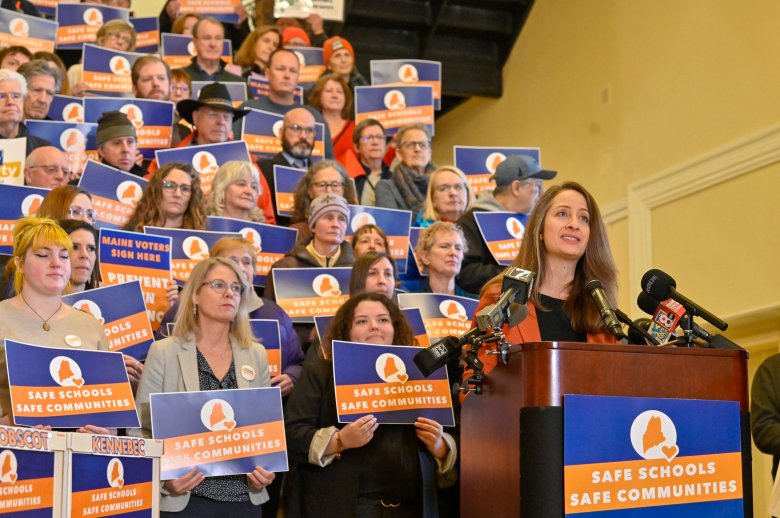


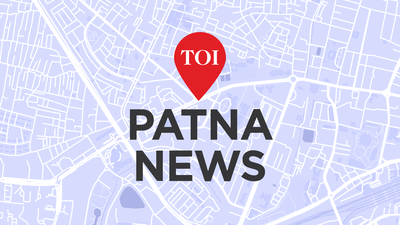




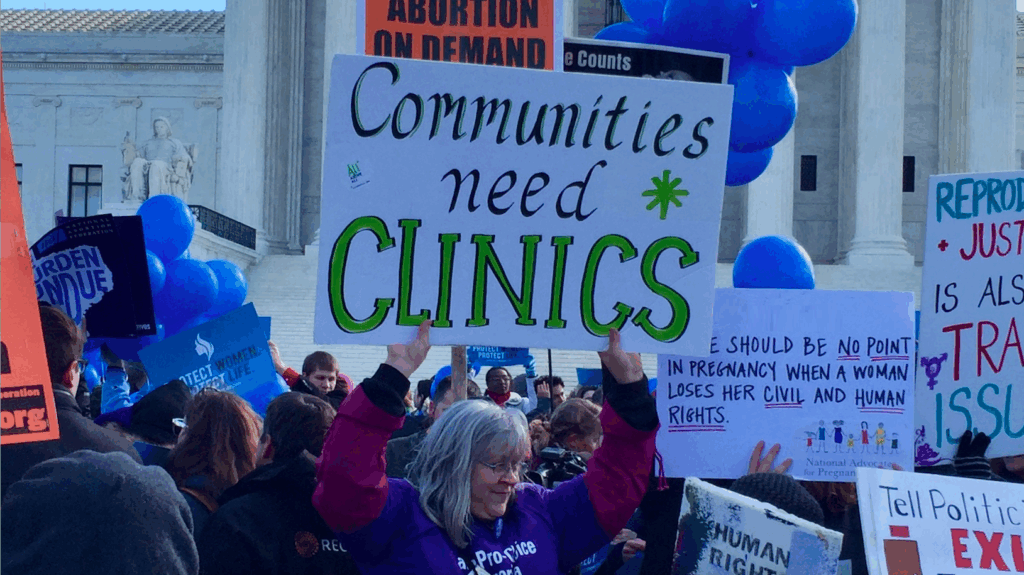

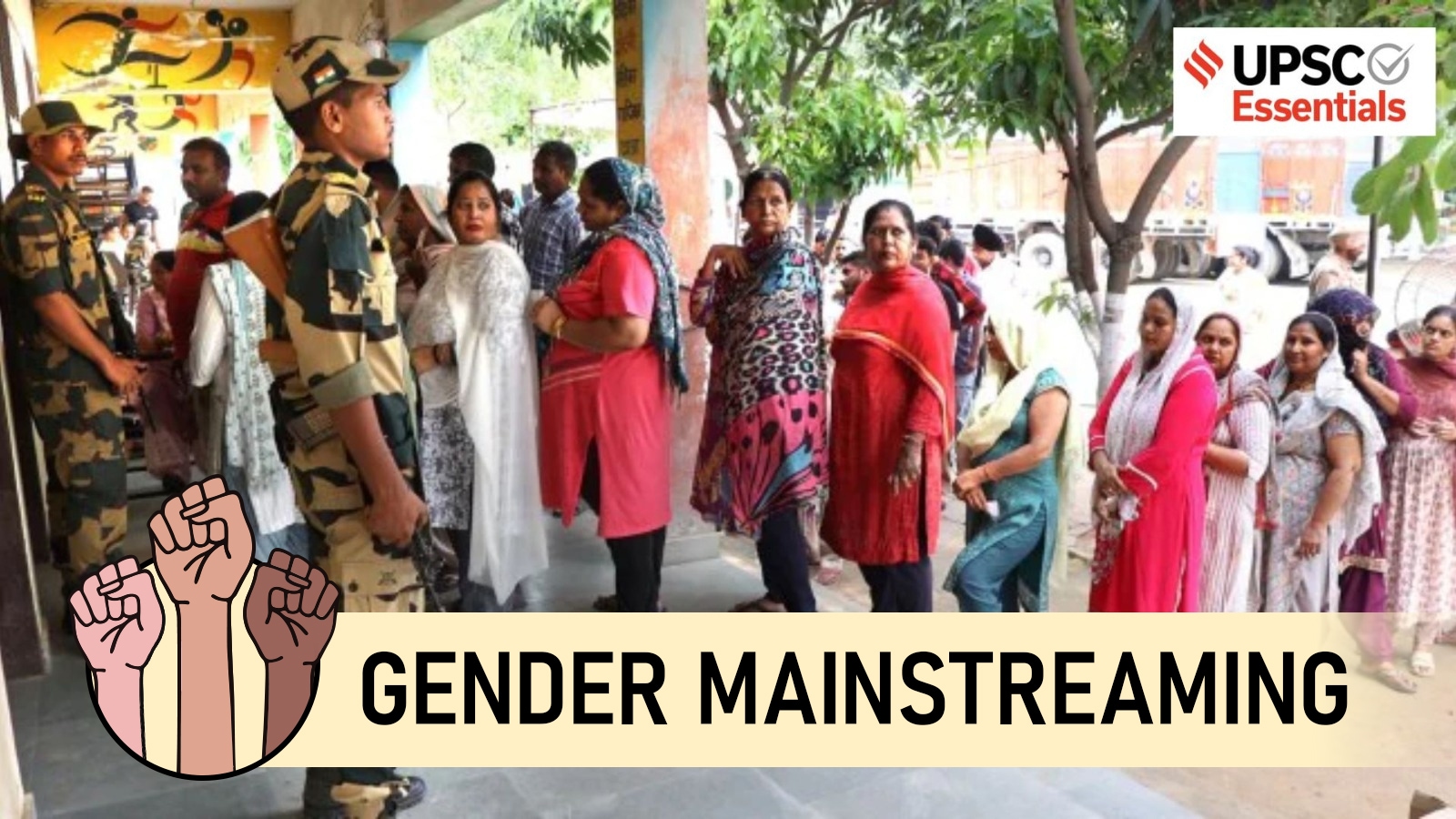
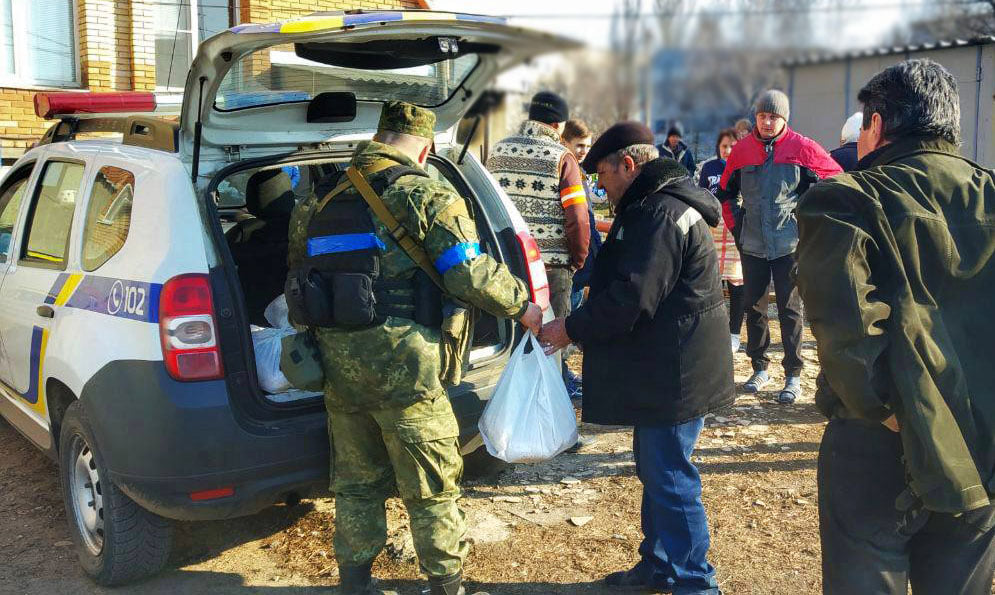
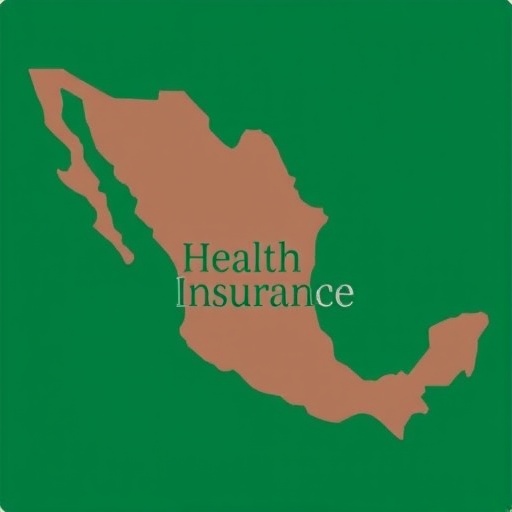


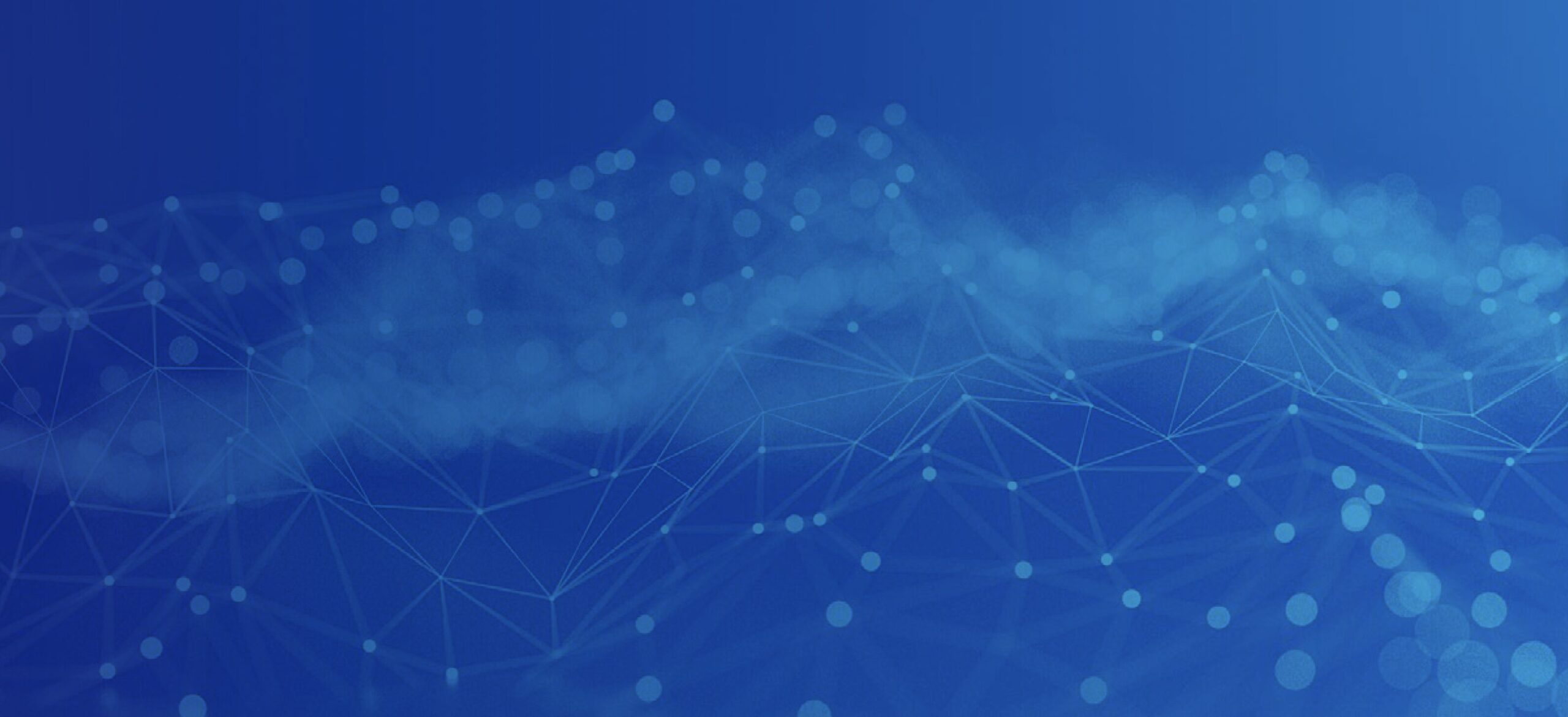
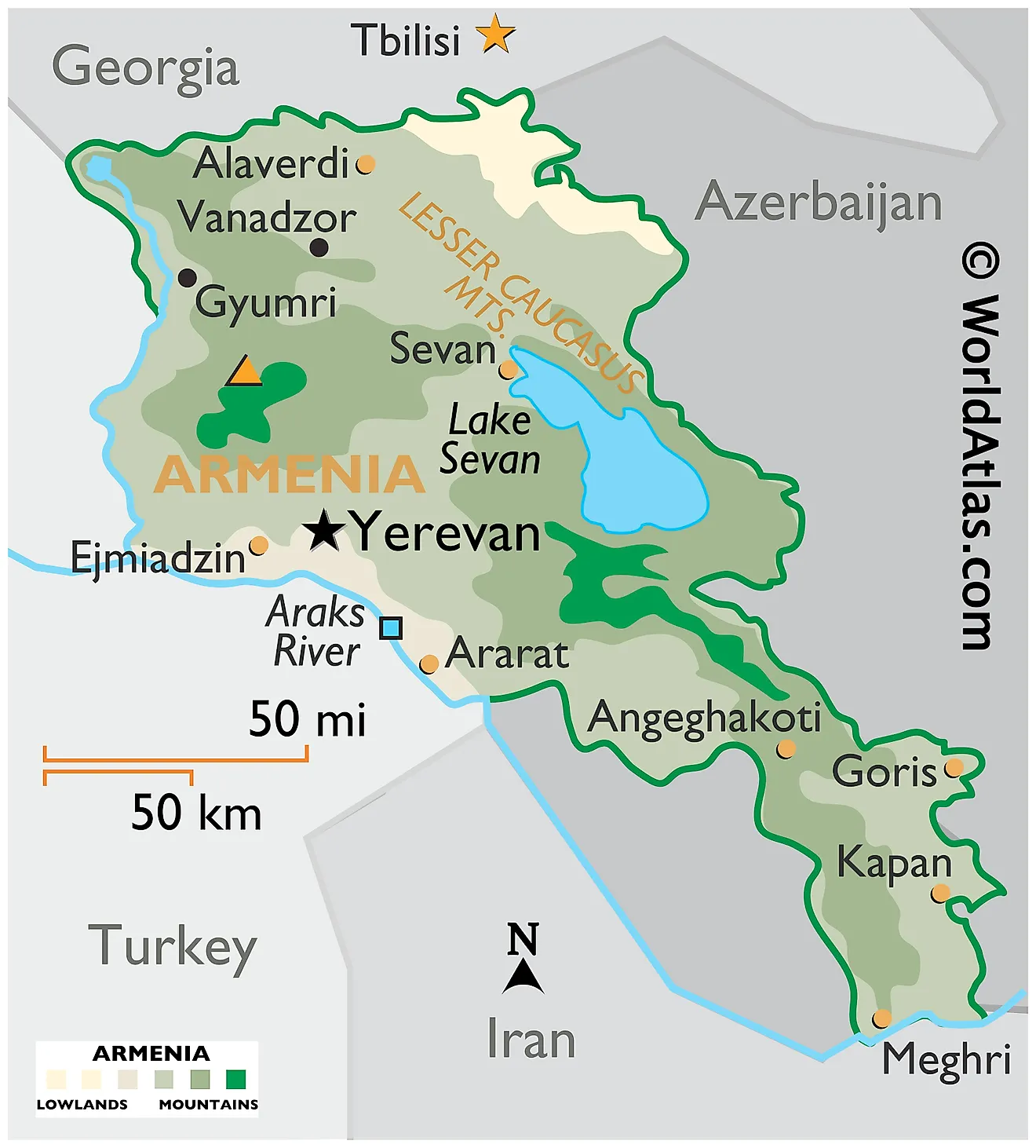

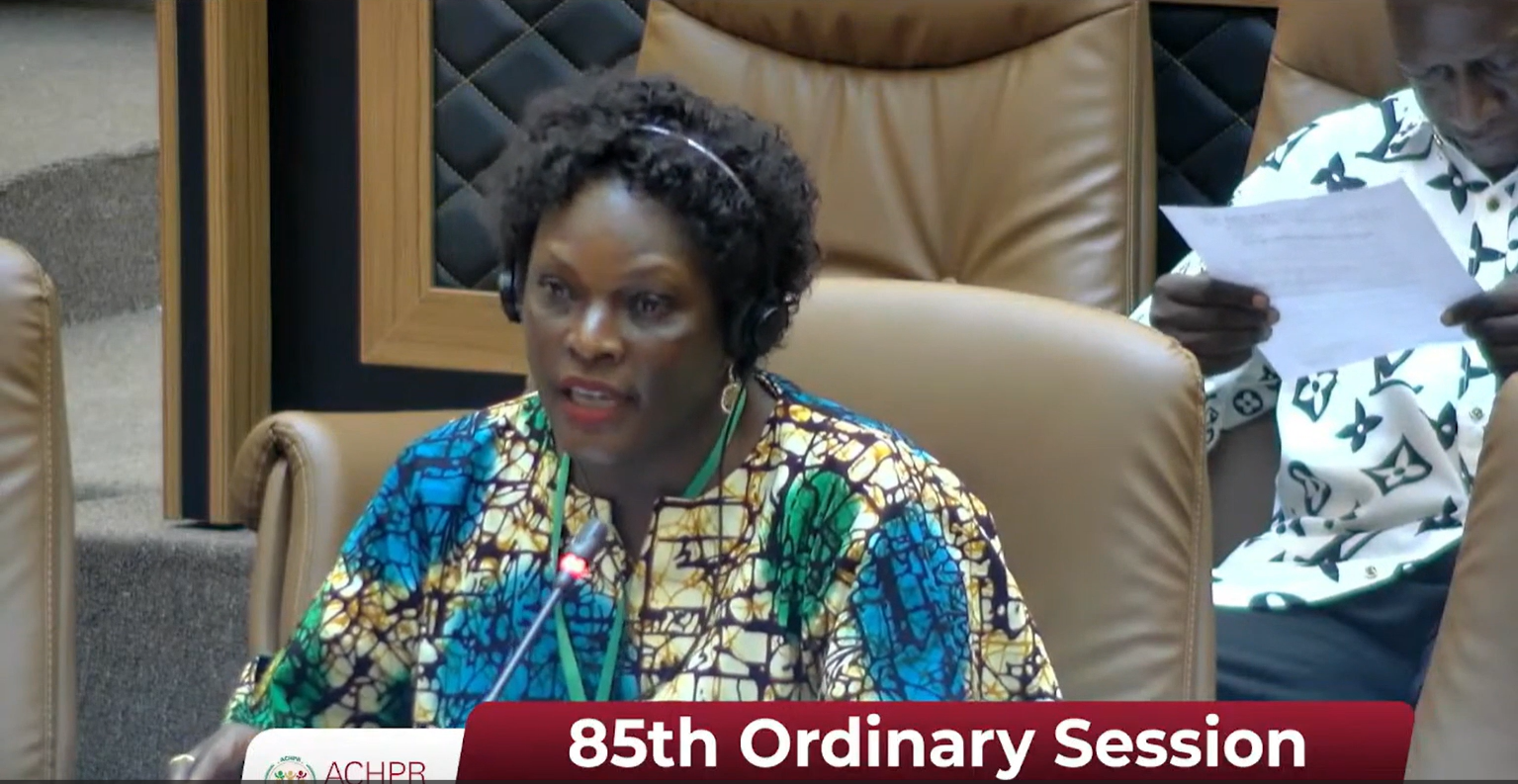




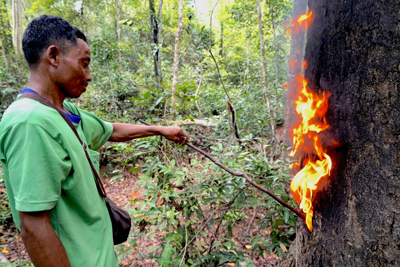








_1.png?#)














